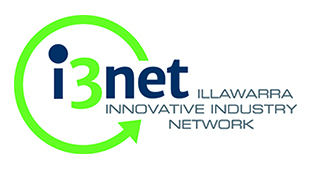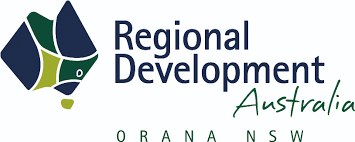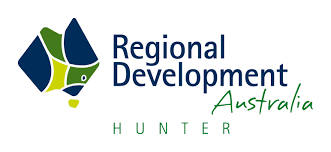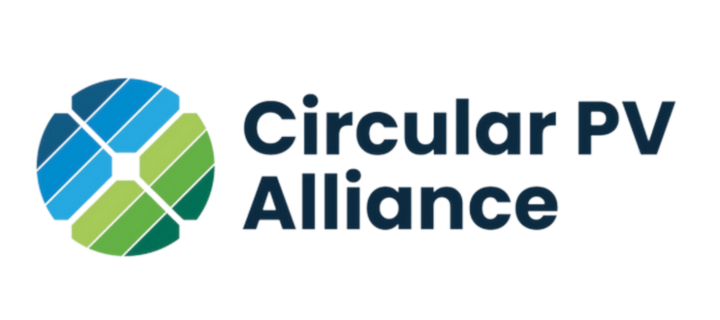Access free online learning on new energy and sustainability with TRaCE's microcredential courses
TRaCE is offering five free online microcredential courses to help professionals, students, and researchers build skills for jobs in clean energy, recycling, and sustainability-related sectors.

People interested in energy transition and recycling now have access to five free online microcredential courses through the Trailblazer for Recycling and Clean Energy (TRaCE) initiative, supported by University of Newcastle and UNSW. These courses are designed to build knowledge in emerging technologies and areas such as hydrogen, lithium battery safety, intellectual property, and critical minerals.
The microcredentials were developed with input from industry and academic experts, aiming to address skills gaps in sectors expected to grow as Australia works toward net-zero emissions. The short courses are self-paced and online, designed for flexible study. Upon completion, learners receive a digital badge, and in most cases, are offered access to expanded versions of the course at a discounted rate.
The available free courses include:
1. Renewable Fuels: Decarbonising the Global Economy
This three-hour course introduces renewable fuels such as e-fuels and biofuels, comparing them on cost, emissions, readiness, and infrastructure needs. It also outlines global and Australian policies and includes case studies from around the world. It’s suitable for consultants, policy makers, and students interested in the role of renewable fuels in decarbonisation.
Facilitator Dr Rahman Daiyan is a senior lecturer and researcher with experience across Australia, Asia, and the Pacific in energy systems and hydrogen technologies.
2. Introduction to Patents for Recycling and Clean Energy
Designed for researchers, entrepreneurs, and business professionals, this 1–2 hour course covers the basics of patents, application steps, and searching strategies. It provides practical guidance that can transform the commerciality of relevant research.
The course is led by Cassie Horn, a patent attorney and senior legal counsel with more than 15 years’ experience across legal, commercial, and research sectors.
3. Critical Minerals and their Importance in Driving Towards Net-Zero
Participants explore how demand for minerals like lithium and rare earth elements is growing with the clean energy transition. The course covers supply chain impacts and global trends, and is suited to workers and students in mining, energy, government, and emerging tech.
Also facilitated by Dr Rahman Daiyan, this course takes about three hours to complete.
4. Understanding the Risks of Lithium-Ion Battery Systems
Targeted at both technical users and the general public, this four-hour short course covers how lithium-ion batteries work, their risks, and how to use them safely in tools and e-mobility devices. It includes an overview of battery management systems and thermal runaway risk.
There are no prerequisites, and it is open to all learners.
5. Fundamentals of Future Energy Storage
This short course introduces new energy storage technologies and their business impacts. Delivered via interactive content, it is designed for industry professionals and decision-makers navigating rapid changes in energy systems.
All courses can be started at any time and are suitable for people either entering the field or already working in clean energy, recycling or related sectors. While short and accessible, the courses provide foundational knowledge that can support more advanced study or workplace transitions.
For those interested in building skills for a cleaner economy, the TRaCE microcredentials offer a practical way to start.
















